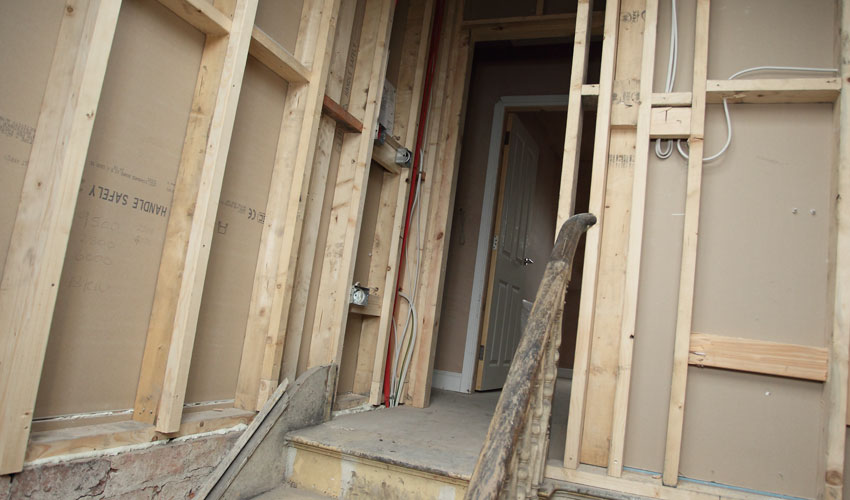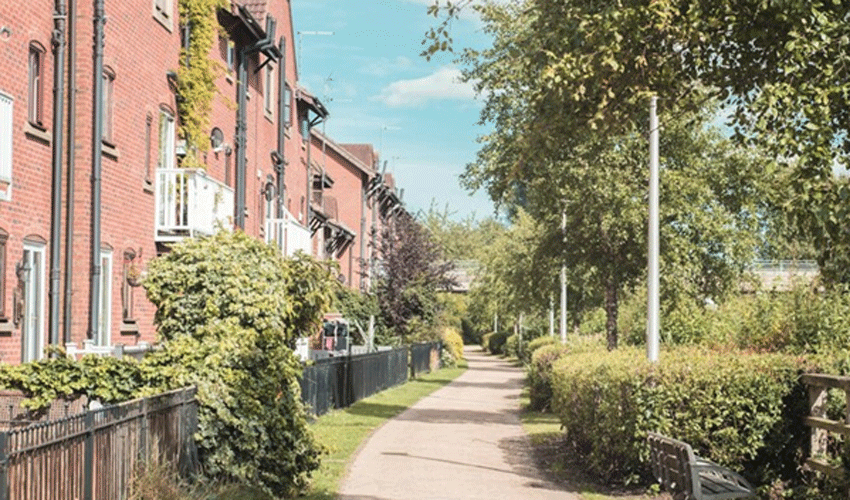
With the 1939 Register expected to be published online later this month, the world of family history is abuzz at the prospect of a mine of information about our near ancestors becoming available for the first time. Census records have proved to be the vital key to unlocking family history for millions of people, and this latest addition will shed even more light on our genealogical past.
The Treasure House, in Beverley, is the East Riding’s focal point for family history, where people go everyday to research their ancestors and get expert advice. In the research room can be found any number of people eagerly trawling the internet in search of the latest clues on their personal journey of genealogical discovery. But venture further still into that room and even more family historians will be searching ‘offline’ in the East Riding Archive.
The original documents at the Treasure House are literally a treasure trove of family history information not found anywhere else, and for those historians who can’t wait for the online release of the 1939 Register, it may be worthwhile visiting the Treasure House to see if they can unearth their own personal gems.
Staff have unveiled a small sample of the kind of original documents found in the archive, and these are just the ‘tip of the iceberg’. The National Register was set up in 1939, and during World War Two the National Register of ID cards was introduced and ran for 13 years until being scrapped in 1952 by Sir Winston Churchill, with the National Register becoming the NHS Register.
A small number of these cards can be found at the Treasure House among the personal archive collections of various East Riding people, and any family historian with a connection to these people would find the information on the ID cards of great interest.
Archivist Sam Bartle said: “The cards give a full address history so you can potentially track an ancestor’s movements during the period that National Registration was in force. These personal archives also often contain other documents such as certificates and letters, but such collections are relatively rare and you’d need to check your ancestor’s name against our online archive catalogue to see if they have a personal archive.”
Even if they don’t, there’s still a chance that they might crop up in one of the many historic documents and registers in the East Riding Archives and you can search the online catalogue at http://www.eastriding.gov.uk/CalmView/ to check before you visit the Treasure House.
A small number of ‘alien’ registration cards are also open to viewing and might shed some light on your ancestor if he or she was an immigrant to the East Riding, and one or two early census records for 1831 and 1811 do still survive for certain East Riding villages.
But for those who want to delve further into their family’s past without searching through original documents, the records of baptisms, marriages and burials in the East Riding are also available online through findmypast.co.uk , which can be searched for free at the Treasure House.












